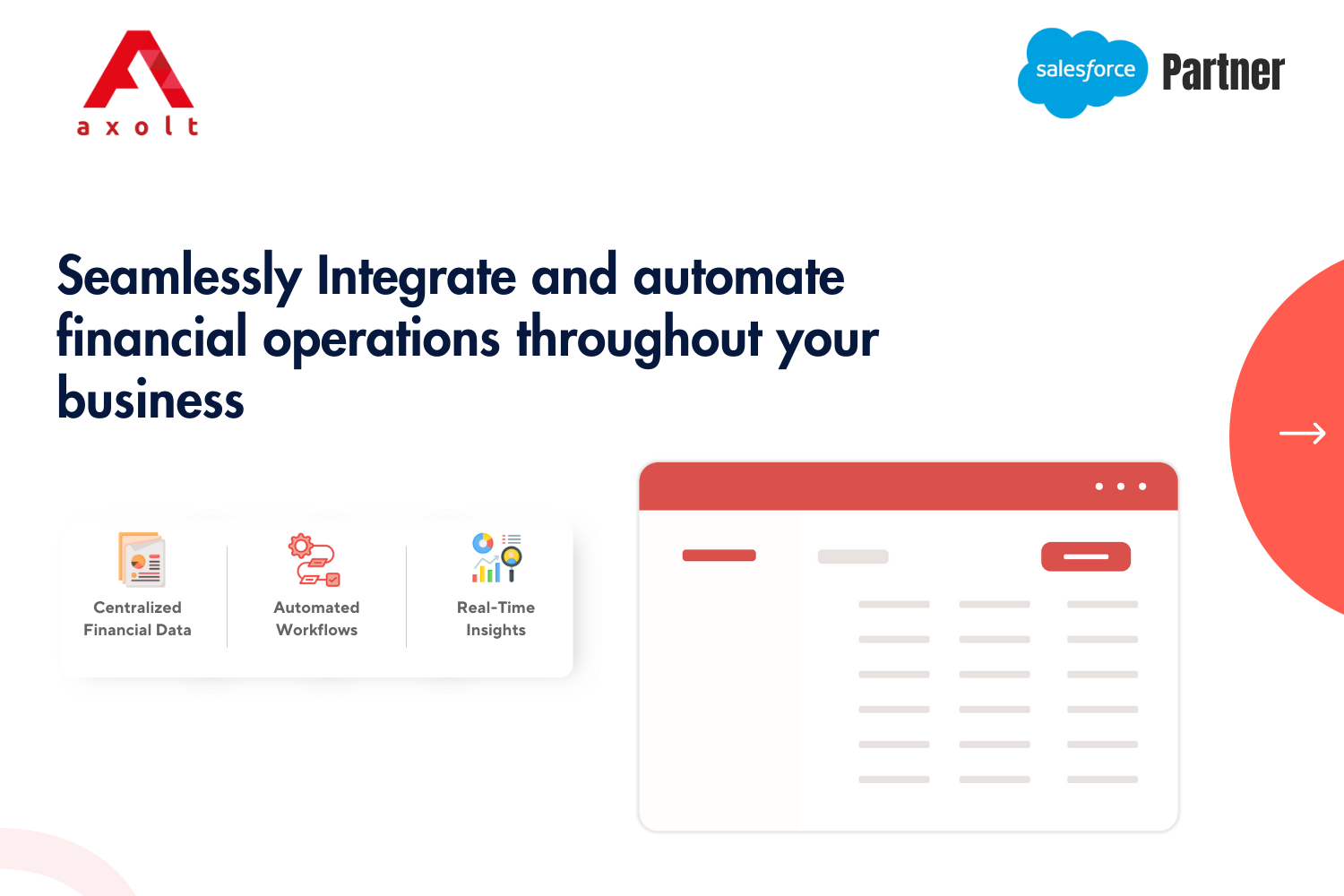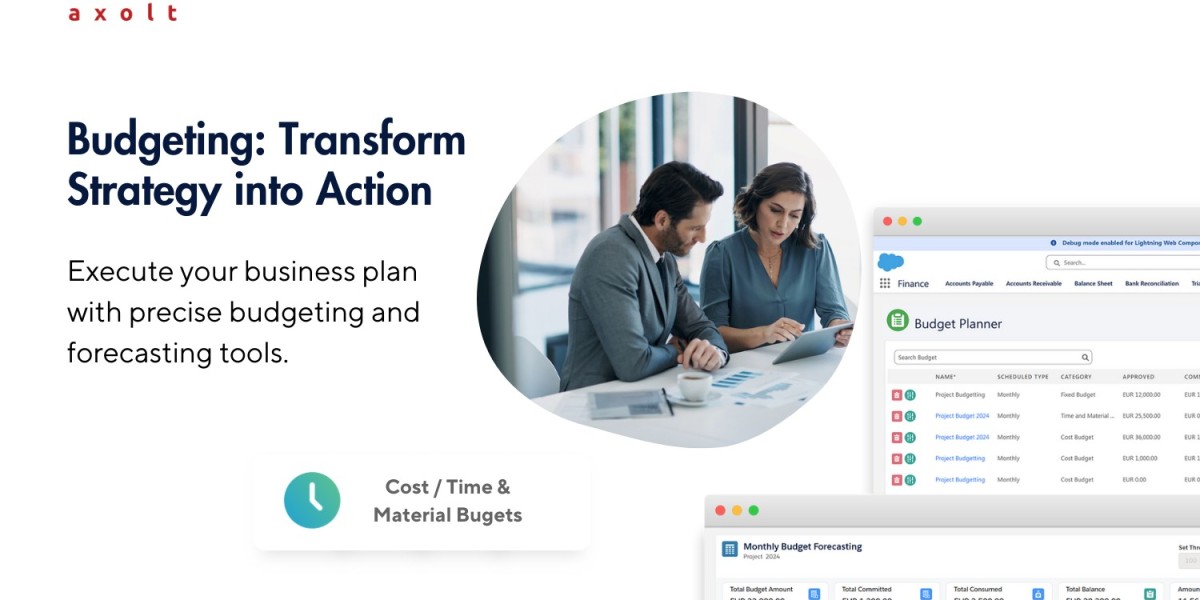In today's fast-paced business environment, financial management requires more than just basic accounting—it demands intelligence, automation, and seamless connectivity with customer operations. While many companies use Salesforce as their customer relationship hub, they often struggle with financial processes that operate in separate systems, creating data disconnects and operational inefficiencies. This is where a new generation of smart financial management apps built natively on the Salesforce platform comes into play. These specialized applications transform how businesses handle everything from invoicing and expenses to budgeting and reporting by embedding financial operations directly within the ecosystem where customer relationships are managed.
The Intelligence Behind Modern Financial Apps
What makes these applications "smart" goes far beyond simple automation. These solutions incorporate artificial intelligence and machine learning capabilities that learn from your business patterns and make intelligent recommendations. They can predict cash flow based on historical data and current sales pipelines, identify unusual spending patterns that might indicate errors or fraud, and automatically categorize transactions based on past behavior. This intelligence transforms financial management from reactive record-keeping to proactive guidance, helping businesses anticipate challenges and opportunities before they become apparent through traditional methods.
Seamless Integration with Customer Operations
Unlike generic financial software that operates in isolation, Salesforce Budget Control & Expense create a seamless connection between financial data and customer operations. When a sales opportunity closes, the system can automatically generate invoices with accurate customer information and terms. Customer payment history becomes visible alongside support tickets and account details, giving service teams full context for every interaction. This integration ensures that financial decisions are made with complete customer context, and customer interactions are informed by complete financial understanding, creating a unified approach to business management.
Automated Workflows That Learn and Adapt
Smart financial apps on Salesforce move beyond basic automation to create intelligent workflows that adapt to your business needs. Approval processes can automatically route documents based on amount, department, or even the approver's current availability. The system can learn which vendors typically require additional verification and flag those invoices automatically. For expense management, these apps can learn your company's spending patterns and proactively suggest policy improvements or identify opportunities for cost savings. This adaptive automation reduces manual oversight while maintaining appropriate controls.
Real-Time Financial Insights and Forecasting
The combination of financial and operational data in a single platform enables real-time visibility that simply isn't possible with disconnected systems. Custom dashboards can show current cash position alongside sales pipeline value, accounts receivable aging compared to customer satisfaction scores, or departmental spending against project milestones. This real-time insight allows businesses to make decisions based on current conditions rather than historical reports. Forecasting becomes more accurate as financial projections can incorporate live sales data and market signals rather than relying solely on past financial performance.
Enhanced Security and Compliance Controls
Financial data requires robust security, and Salesforce-native apps benefit from the platform's enterprise-grade security model while adding financial-specific protections. These applications provide detailed audit trails of every financial transaction, automated compliance checks against company policies and regulatory requirements, and sophisticated permission settings that ensure sensitive financial data is only accessible to authorized personnel. The system can automatically enforce segregation of duties and maintain complete records for auditing purposes, significantly reducing compliance risks while streamlining the audit process.

Scalability for Growing Business Needs
One of the most significant advantages of smart financial apps on Salesforce is their ability to scale alongside your business. As transaction volumes increase, the automated processes handle the additional load without requiring additional staff. New business units or international expansions can be accommodated through configurable rules and multi-currency support. The artificial intelligence components actually become more valuable as they process more data, continuously improving their recommendations and predictions. This scalability ensures that your financial management capabilities can support growth rather than constraining it.
Transforming Finance into a Strategic Function
Ultimately, these smart financial management apps do more than improve efficiency—they transform the finance function from a historical record-keeper into a strategic business partner. By automating routine tasks, finance teams can focus on analysis and strategic guidance. The integration of financial and operational data enables sophisticated analysis of customer profitability, product performance, and return on investment across business initiatives. This transformation allows organizations to leverage their financial data as a strategic asset, using insights gained from the platform to drive better business decisions and create competitive advantages in their markets.







